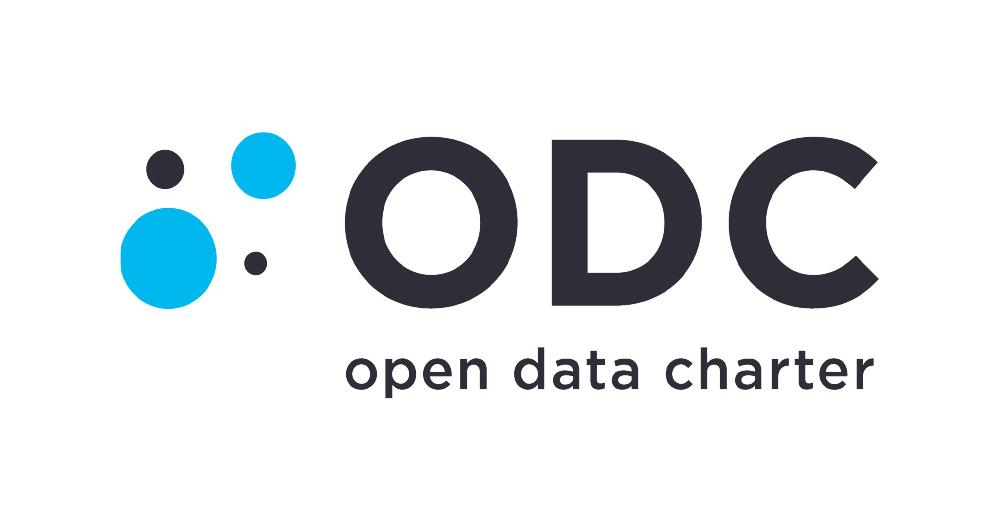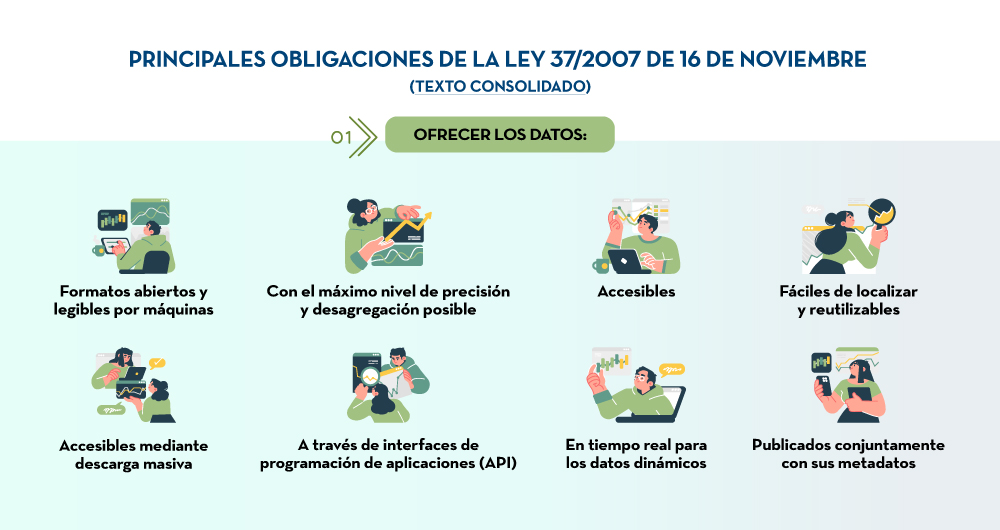
Spain has taken another step towards consolidating a public policy based on transparency and digital innovation. Through the General State Administration, the Government of Spain has signed its adhesion to the International Open Data Charter, within the framework of the IX Global Summit of the Open Government Partnership that is being held these days in Vitoria-Gasteiz.
With this adhesion, data is recognized as a strategic asset for the design of public policies and the improvement of services. In addition, the importance of its openness and reuse, together with the ethical use of artificial intelligence, as key drivers for digital transformation and the generation of social and economic value is underlined.
What is the International Open Data Charter?
The International Open Data Charter (ODC) is a global initiative that promotes the openness and reuse of public data as tools to improve transparency, citizen participation, innovation, and accountability. This initiative was launched in 2015 and is backed by governments, organizations and experts. Its objective is to guide public entities in the adoption of responsible, sustainable open data policies focused on social impact, respecting the fundamental rights of people and communities. To this end, it promotes six principles:
-
Open data by default: data must be published proactively, unless there are legitimate reasons to restrict it (such as privacy or security).
-
Timely and comprehensive data: data should be published in a complete, understandable and agile manner, as often as necessary to be useful. Its original format should also be respected whenever possible.
-
Accessible and usable data: data should be available in open, machine-readable formats and without technical or legal barriers to reuse. They should also be easy to find.
-
Comparable and interoperable data: institutions should work to ensure that data are accurate, relevant, and reliable, promoting common standards that facilitate interoperability and the joint use of different sources.
-
Data for improved governance and citizen engagement: open data should strengthen transparency, accountability, and enable informed participation of civil society.
-
Data for inclusive development and innovation: open access to data can drive innovative solutions, improve public services, and foster inclusive economic development.
The Open Data Charter also offers resources, guides and practical reports to support governments and organizations in applying its principles, adapting them to each context. Open data will thus be able to drive concrete reforms with a real impact.
Spain: a consolidated open data policy that places us as a reference model
Adherence to the International Open Data Charter is not a starting point, but a step forward in a consolidated strategy that places data as a fundamental asset for the country's progress. For years, Spain has already had a solid framework of policies and strategies that have promoted the opening of data as a fundamental part of digital transformation:
- Regulatory framework: Spain has a legal basis that guarantees the openness of data as a general rule, including Law 37/2007 on the reuse of public sector information, Law 19/2013 on transparency and the application of Regulation (EU) 2022/868 on European data governance. This framework establishes clear obligations to facilitate the access, sharing and reuse of public data throughout the state.
- Institutional governance: the General Directorate of Data, under the Secretary of State for Digitalisation and Artificial Intelligence (SEDIA), has the mission of boosting the management, sharing and use of data in different productive sectors of the Spanish economy and society. Among other issues, he leads the coordination of open data policy in the General State Administration.
- Strategic initiatives and practical tools: the Aporta Initiative, promoted by the Ministry for Digital Transformation and Public Service through the Public Business Entity Red.es, has been promoting the culture of open data and its social and economic reuse since 2009. To this end, the datos.gob.es platform centralises access to nearly 100,000 datasets and services made available to citizens by public bodies at all levels of administration. This platform also offers multiple resources (news, analysis, infographics, guides and reports, training materials, etc.) that help to promote data culture.
To continue moving forward, work is underway on the V Open Government Plan (2025–2029), which integrates specific commitments on transparency, participation, and open data within a broader open government agenda.
All this contributes to Spain positioning, year after year, as a European benchmark in open data.
Next steps: advancing an ethical data-driven digital transformation
Compliance with the principles of the International Open Data Charter will be a transparent and measurable process. SEDIA, through the General Directorate of Data, will coordinate internal monitoring of progress. The Directorate-General for Data will act as a catalyst, promoting a culture of sharing, monitoring compliance with the principles of the Charter and promoting participatory processes to collect input from citizens and civil society.
In addition to the opening of public data, it should be noted that work will continue on the development of an ethical and people-centred digital transformation through actions such as:
- Creation of sectoral data spaces: the aim is to promote the sharing of public and private data that can be combined in a secure and sovereign way to generate high-impact use cases in strategic sectors such as health, tourism, agribusiness or mobility, boosting the competitiveness of the Spanish economy.
-
Developing ethical and responsible AI: The national open data strategy is key to ensuring that algorithms are trained on high-quality, diverse and representative datasets, mitigating bias and ensuring transparency. This reinforces public trust and promotes a model of innovation that protects fundamental rights.
In short, Spain's adoption of the International Open Data Charter reinforces an already consolidated trajectory in open data, supported by a solid regulatory framework, strategic initiatives and practical tools that have placed the country as a benchmark in the field. In addition, this accession opens up new opportunities for international collaboration, access to expert knowledge and alignment with global standards. Spain is thus moving towards a more robust, inclusive data ecosystem that is geared towards social, economic and democratic impact.


